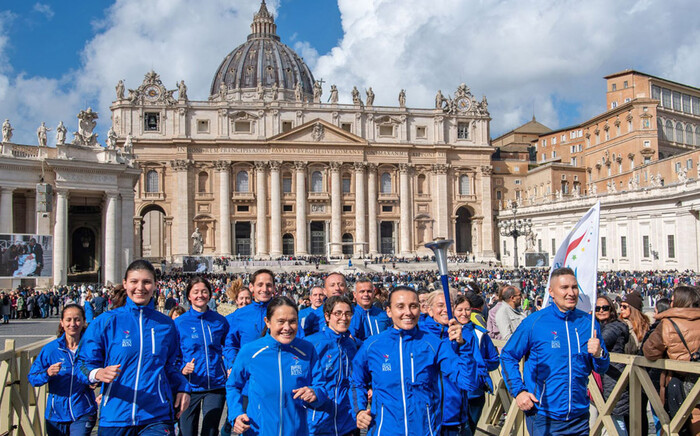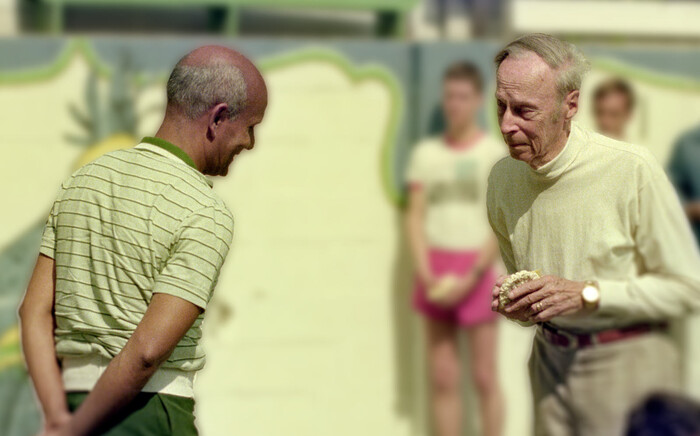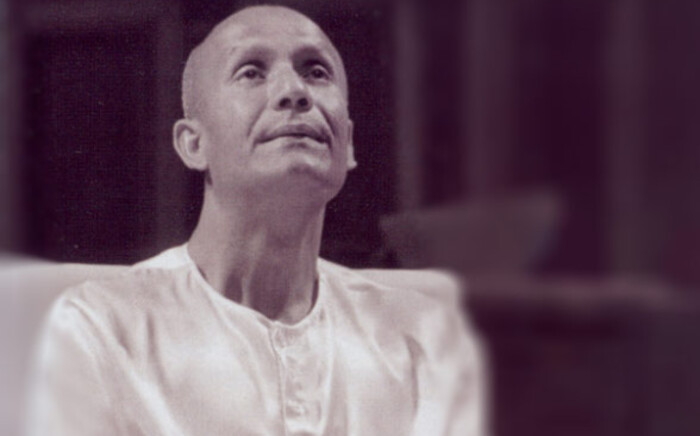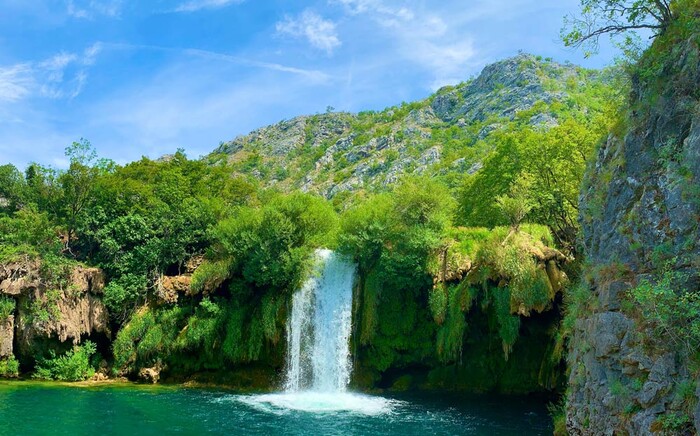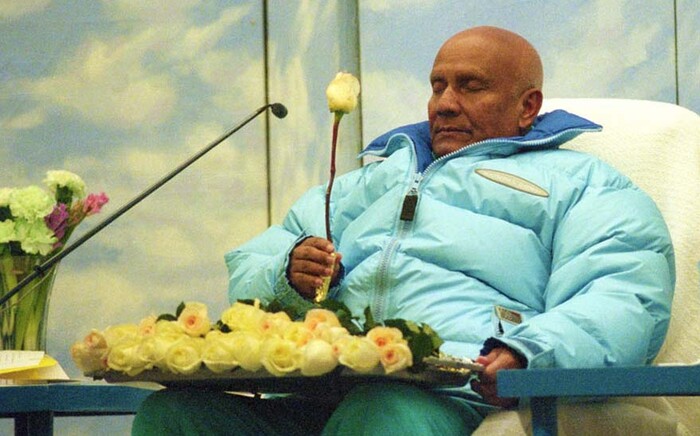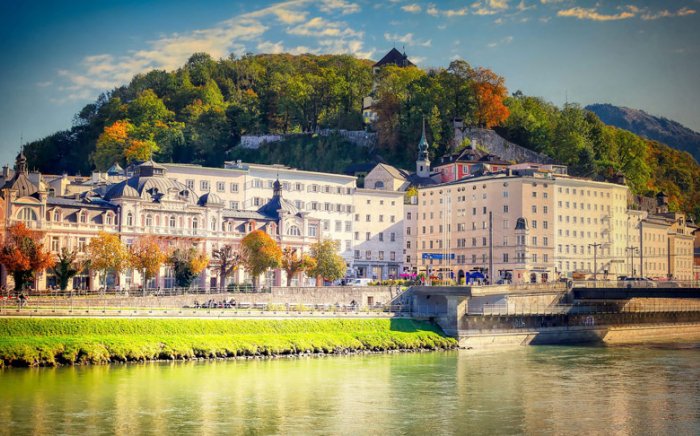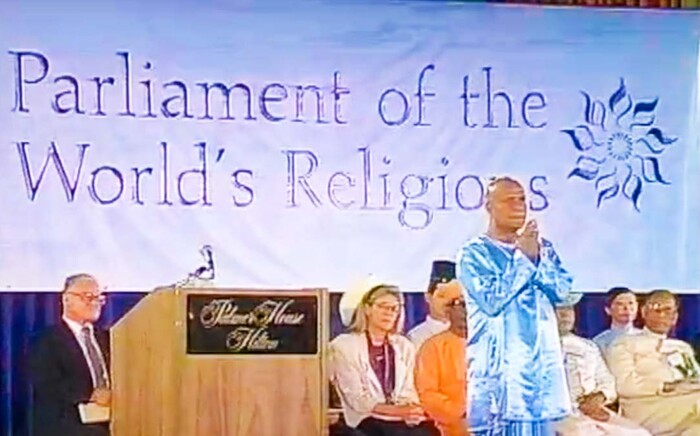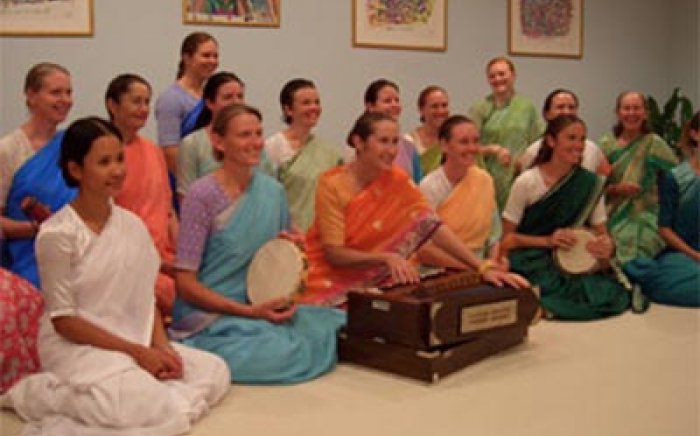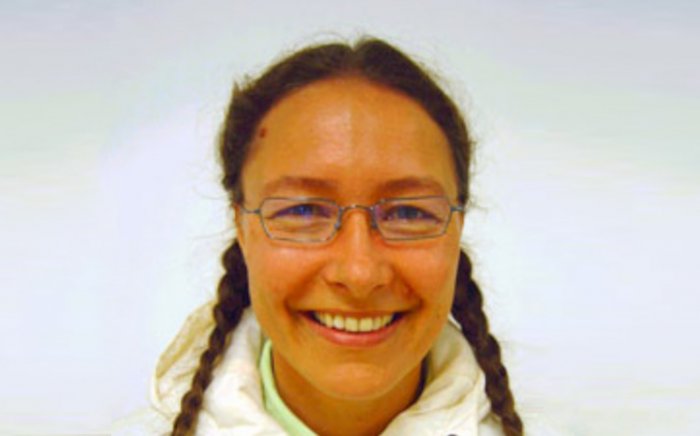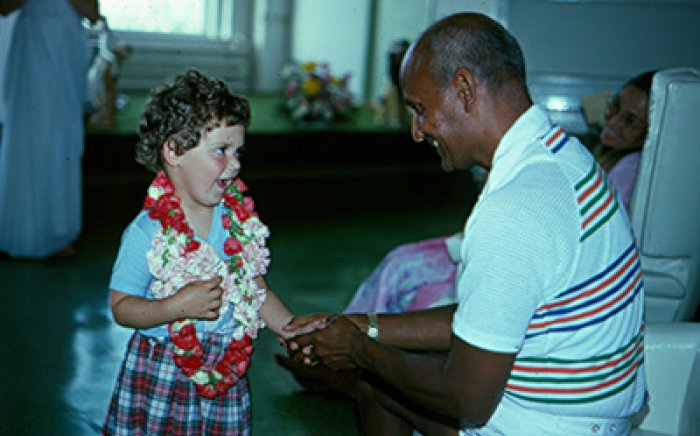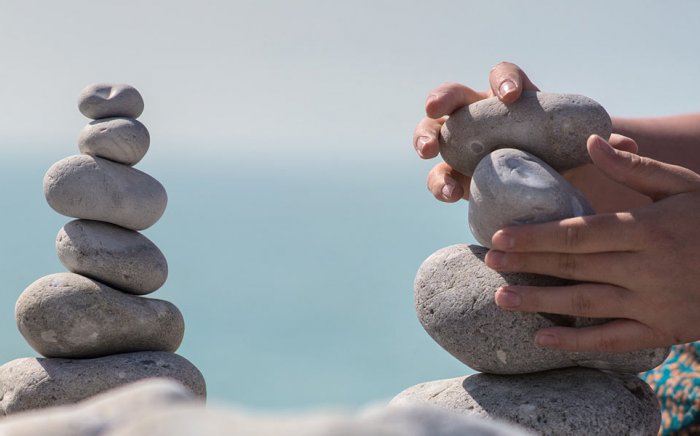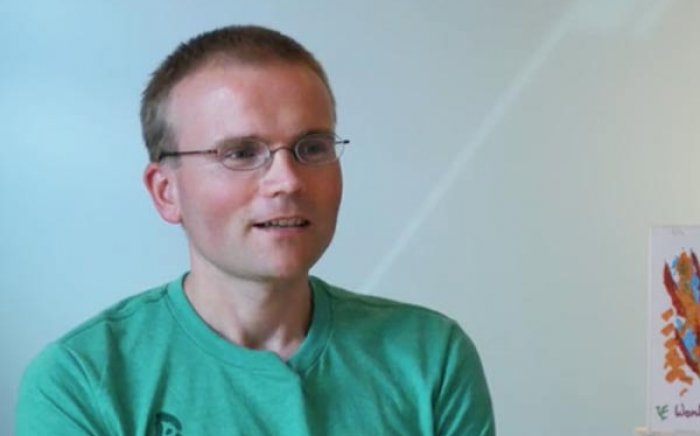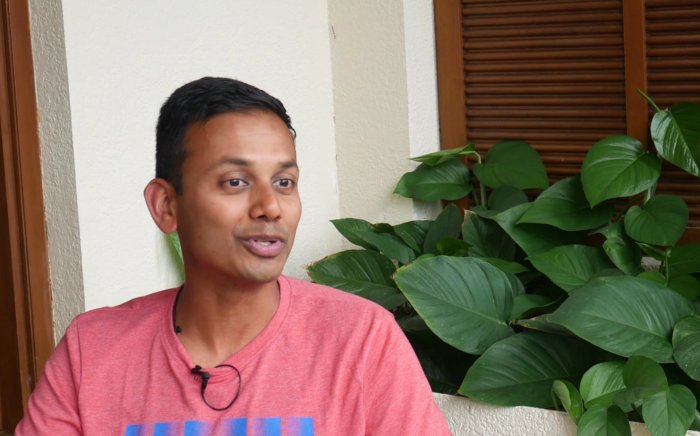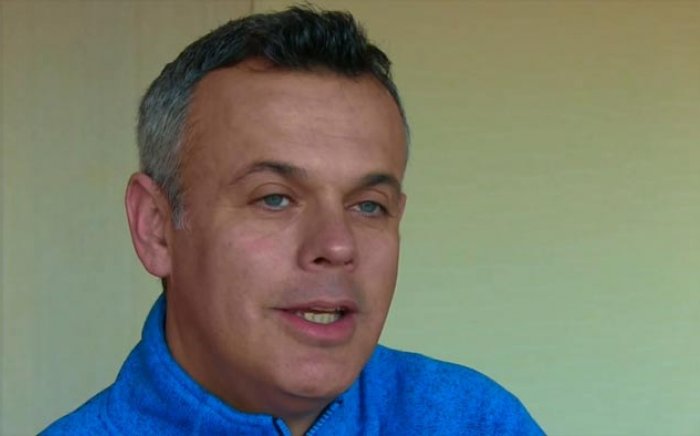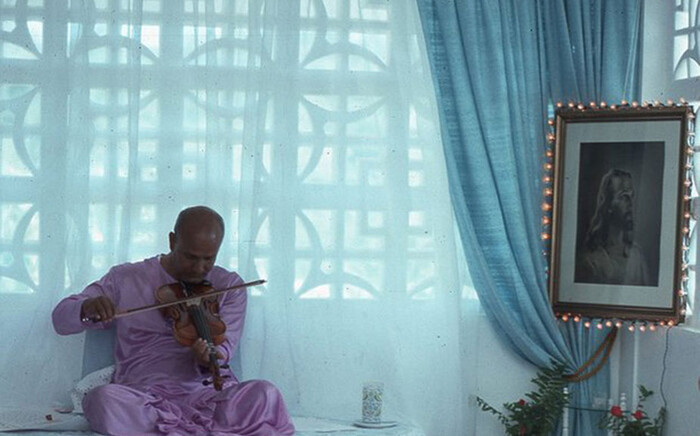The Lantern Festival falls on the 15th of the first month of the Chinese Year. It is the last day of the two week long Chinese New Year celebration.
The man on the stage, under the trees, under the stars, said, in his speech, that we live in a world where division seems the norm and where ethnic and religious differences all too often are magnified and became the source of hatred, violence and death.
He may have had a point.
He definitely had a point when he went on to say that here at the Chinese Lantern Festival in Albert Park, Auckland, New Zealand, we were participating in something that held up a light of oneness, peace, friendship and mutual respect, before a world that seemed to have forgotten these things.
The Chinese Lantern Festival is not sponsored by some company to peddle consumer goods or corporate services. There are stalls that sell food or Chinese goods or paper lanterns with candles inside that you can walk around the park with, or sparkling lights or other novelties - but these all add to, rather than detract from, the heart of the matter which is to stroll about and admire the lanterns and listen to the Chinese performers and the karaoke singers under the stars. Just to stroll about in the evening with thousands upon thousands of people in that atmosphere of peace and harmony - it is perfection.

I spoke to one stall holder. He said that normally he had to be on the lookout for ‘pinchers’ - people stealing his wares. Not here though, he said - ‘bad people just can’t get close - too much goodness around.’
I was myself at the Chinese Lantern Festival as an entrepreneur - selling what we have always called, for want of a better name, ‘head-boppers’. Imagine a rigid plastic band that fits over the top of your head, two springs - like antennae - sticking vertically up from it, and on the end of each, a plastic heart or star with a light inside. A ridiculously appealing little novelty, and the perfect thing to wear on the night of the Chinese Lantern Festival.
The Chinese population of Auckland has boomed in the last decade or two. Now it is 10% of the city. But this is not a festival solely for the Chinese. Here at the Chinese Lantern Festival all the many races and cultures and religions of the city mix in amity. This is what heaven is like.
*
A world away from Albert Park lies the country of Algeria. There, civil war claimed the lives of over 100,000 people in a decade.
Ahmed Zaoui was an Imam, one of the Islamists who were voted into office in the 1991 Algerian elections - elections overturned by the military in a move that led to the civil war of unspeakable brutality. Zaoui fled his country, fearing for his life.
In a world where his beliefs and ideals were always viewed with suspicion, he found nowhere to secure refuge. If he returned home he faced death - at least one of his collegues from the Islamic Salvation Front who was deported from Europe was arrested and died in ‘mysterious’ circumstances on his return to Algeria - and yet no other country would accept him.
Finally Ahmed Zaoui arrived at Auckland airport - a refugee. Could there be a less likely place for such a man to find himself than this distant island nation where the muslim population is less than 1% of the total, where 70 million sheep and 4 million humans have lived in dreamy peace for decades?
*
I was standing there amidst the crowd hawking my wares at the Chinese Lantern Festival when a man approached and asked how much; I said $5; he said he would like three; he gave me $20; I gave him $5 change; I asked if he wanted red, green, yellow or pink and hearts or stars . . . Imam Zaoui out with the kids at the Lantern Festival.
I would have said to him how pleased I was to see him - honoured to sell him a head-bopper - but at that moment a small Maori boy sprang out of the darkness. He seemed to just suddenly materialise out of thin air - almost with an audible pop.
‘Hey! You’re the guy off TV.’ (Sad indictment that that is how fame is defined - but let it pass.) Imam Zaoui conceded with a smile that he was. The boy asked if he was enjoying New Zealand. It is the question every New Zealander asks every visitor - a sign of our deep-felt insecurity and desire to be liked. The imam had genuine feeling in his voice as he said that yes he was very much.
The boy then, with a beam of white teeth and a twinkle of eye, seemed to simply disappear into the darkness again, to pop off into some parallel world in the same instantaneous manner he had appeared, like some plenipotentiary of another realm whose time here was over. He was like some sprite, some spirit of the tangata whenua who had been sent to welcome the stranger in our land, to honour and gather the stranger in hospitality to the land and its people. As he departed, he left trailing in the air his final enthusiastic comment - ‘You’re my hero.’ - and was gone.
*
We had stood there together briefly in the evening: three people - the head-bopper seller, the Islamist Imam, the young Maori boy. A few fleeting moments in the whirl of existence. Around us the lanterns had shone and the Chinese people had strolled by. We were far from the endless butchery of Algeria, far away from nuclear-armed brinkmanship across the straits of Taiwan.
We have an expression that sums up the experience of living in New Zealand, a long way from everywhere else in the world . . . ‘stranded in paradise’.
*******************************************************
Glossary:
Tangata whenua: Maori words meaning 'people of the land' - common expression for the original Maori inhabitants of New Zealand in distinction to later arrivals.
Links:
There are other reasons to love New Zealand: - The Kauri Run: or Why I Love New Zealand
The Chinese Lantern Festival is organised by the Asia:NZ Fountation
